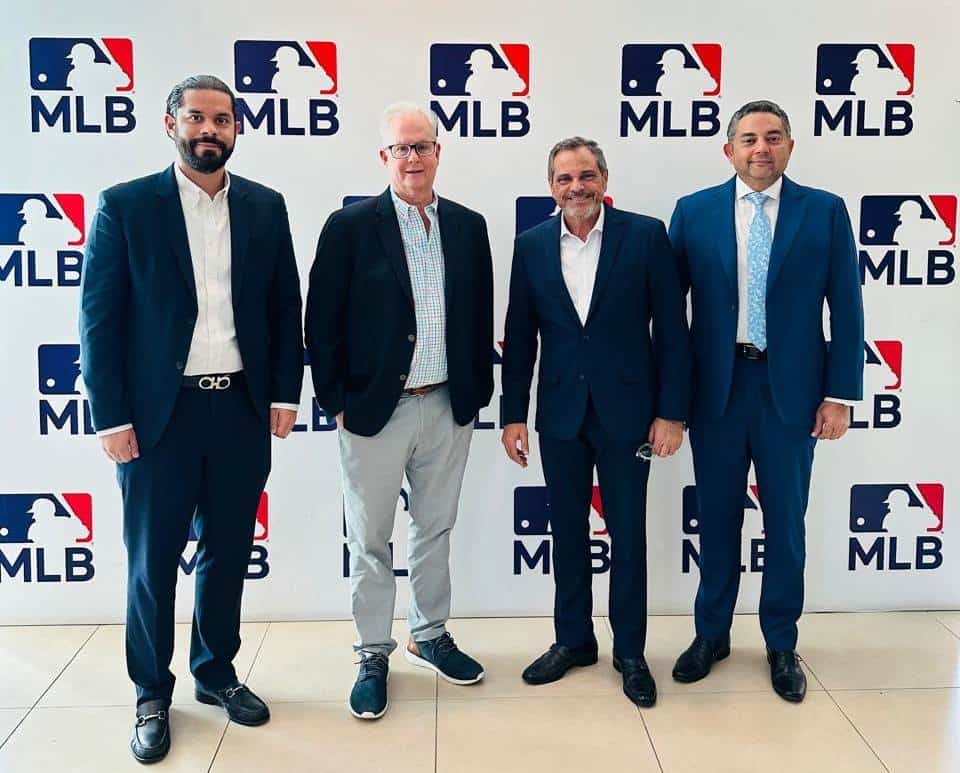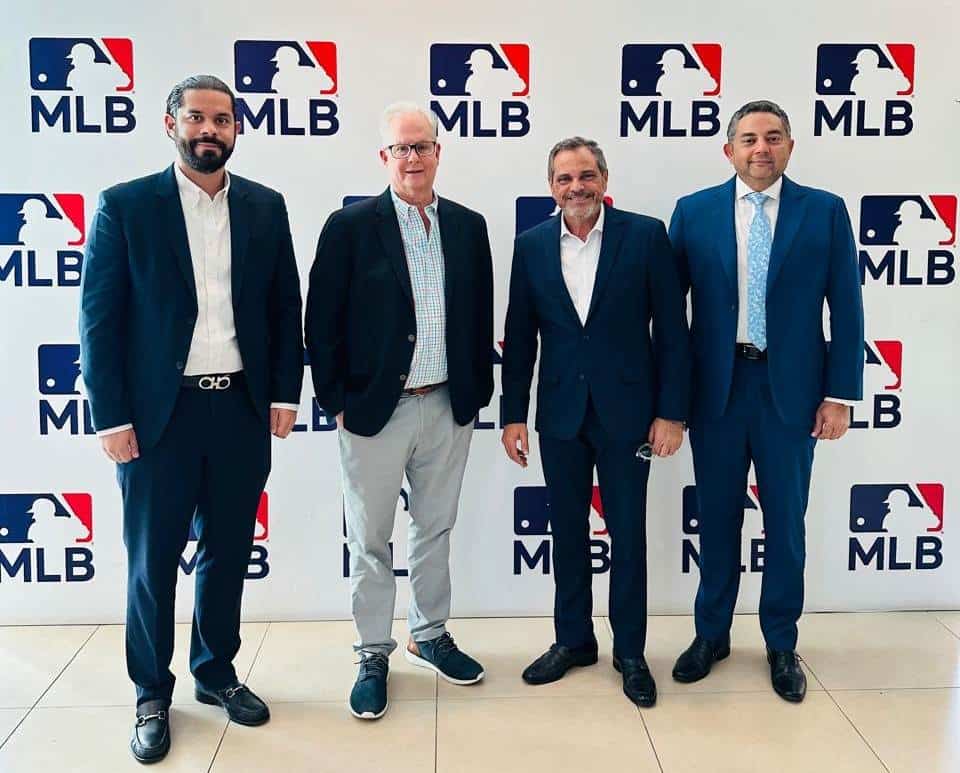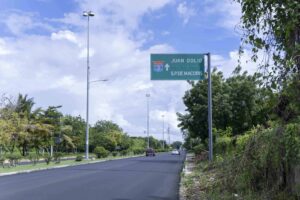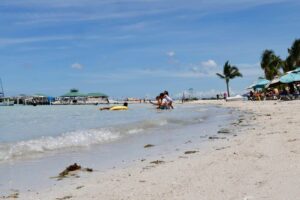
From Major Leagues They claim to have discovered the most recent resources that are used to filter young Dominicans of adulterated age into the system, hence they have discovered dozens of cases in the last 24 months, a chapter that seemed to be over.
But they point out that in Venezuela the situation is more complicated than in Quisqueya and that they hired Haitian investigators, who work in Haiti, to follow up on suspicious cases with players from the neighboring nation.
Jorge Pérez-Díaz, senior vice president of the MLB and head of Latin America, who completes a busy agenda in the country this week.
“There has been a small increase and it is not a dramatic thing, but yes, there has been an increase in the last few months, maybe the last couple of years,” Pérez-Díaz said. “The reason is that, with 20 years of doing this, we have managed to fill many gaps; When we started there was a lot, for example, you know, a lot of false documentation issued by the Central Electoral Board“The Board has improved a lot, it has become institutionalized, we no longer see that.”
This summer, investigators discovered a 19-year-old player who was listed as 14 and had a million-dollar pre-agreement. Sources revealed to Diario Libre that another player with a similar profile would be close to being suspended.
“Recently some people have discovered a gap that we are covering, too, which was the gap of instability or lack of institutionality in Haiti, and we are using Haiti to try to ensure that there is no fraud. For example, they said that a player, even though he was born in the Dominican Republic, they hide his true date of birth or birth documentation and say that he was born in Haiti with a midwife, true, it is more difficult to investigate in Haiti, and knowing that, well they did “That, but we already have investigators in Haiti and we are catching those cases and perhaps that is why it has been noticed a little more in the last year, year and a half because they got into that hole, but we are already covering it,” Pérez-Díaz explained. .

The executive indicated that the recent inauguration of the Arizona Diamondbacks academy, which involved an investment of US$18 million, in Boca Chica, is another example of the confidence that the clubs have in the country, despite the uncomfortable situations that they present themselves.
The Bolivarian case
Pérez-Díaz explained that they have investigators in Colombia, Panama, Nicaragua and Venezuela to corroborate the identity of the players who are recruited and that in most cases they begin their professional careers in academies on Dominican soil.
“In Venezuela, this is a curious case. When we started this in Venezuela there were very few frauds and in the Dominican Republic there were many. In the Dominican Republic it was reduced to a level of two, three a year, four a year. In Venezuela, which did not exist, it began to rise, due to the loss of institutions, due to the social and political problems in Venezuela, the institutions have weakened and so there we are finding more frauds. “Now there are more frauds in Venezuela than in the Dominican Republic,” said Pérez-Díaz, who estimates the number of investigators at the second largest exporter of baseball players to the United States at 20. Major Leagues.
In 2023, the last year for which official figures are available, clubs spent just over US$48 million recruiting 375 Venezuelans. Only the Dominicans achieved a higher figure, with 495 signatures and US$90 million in investment.
The clubs of the MLB They left Venezuela last decade and the Summer League ceased in 2015, driven by the level of insecurity, the political crisis, the diplomatic rupture of 2019 and the US sanctions that began during Donald Trump’s administration (2016-2020).



